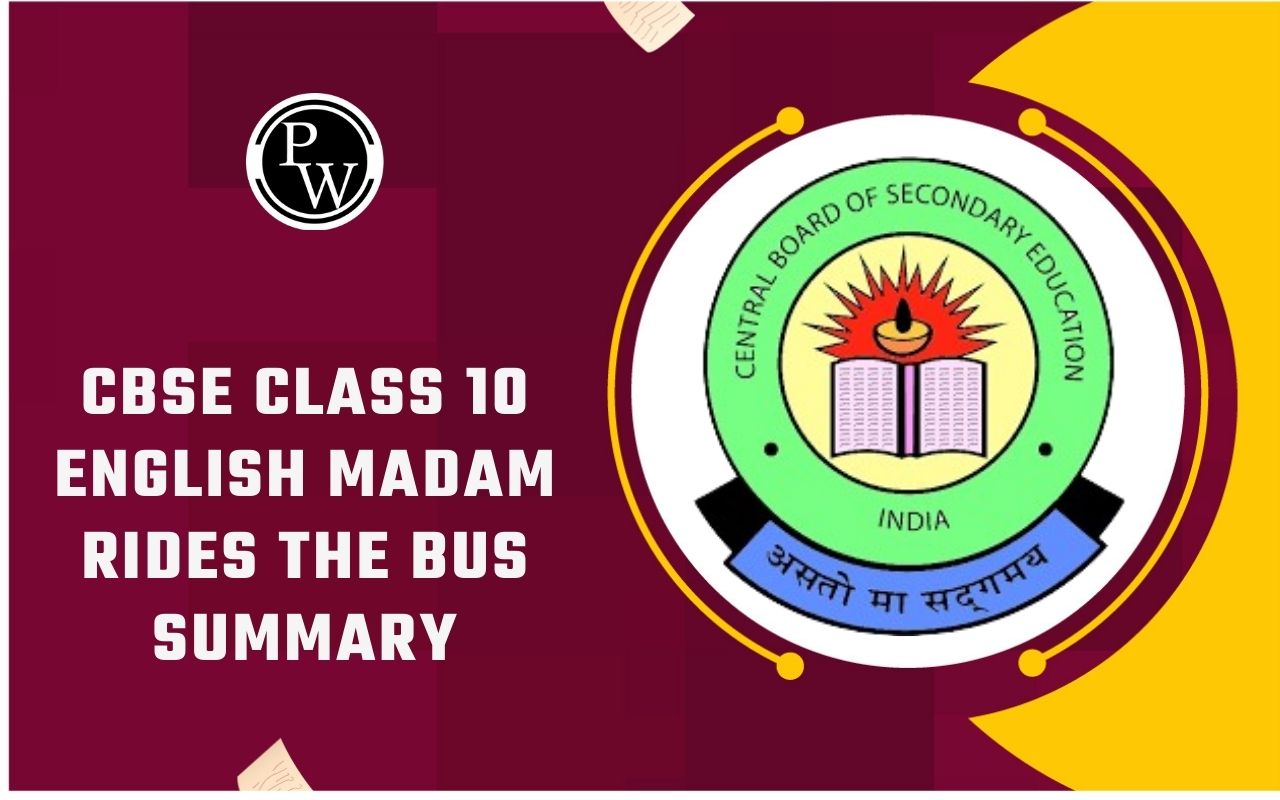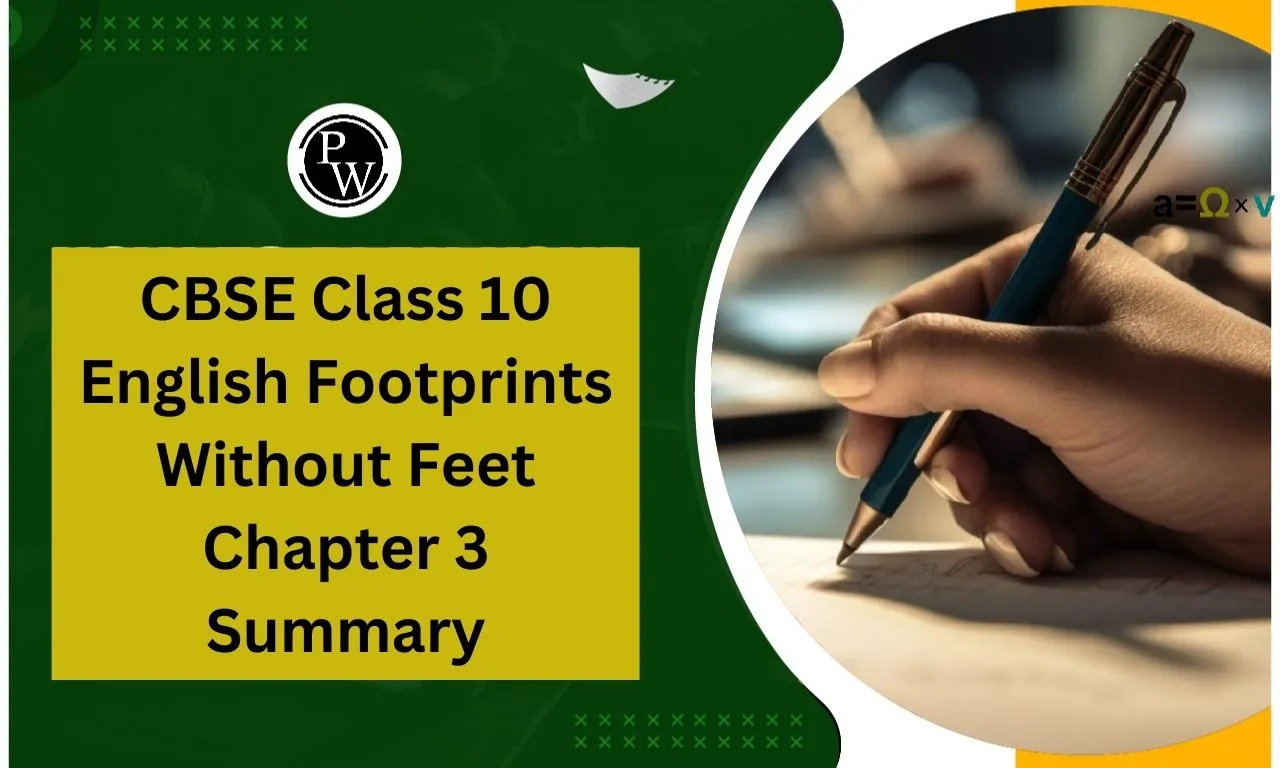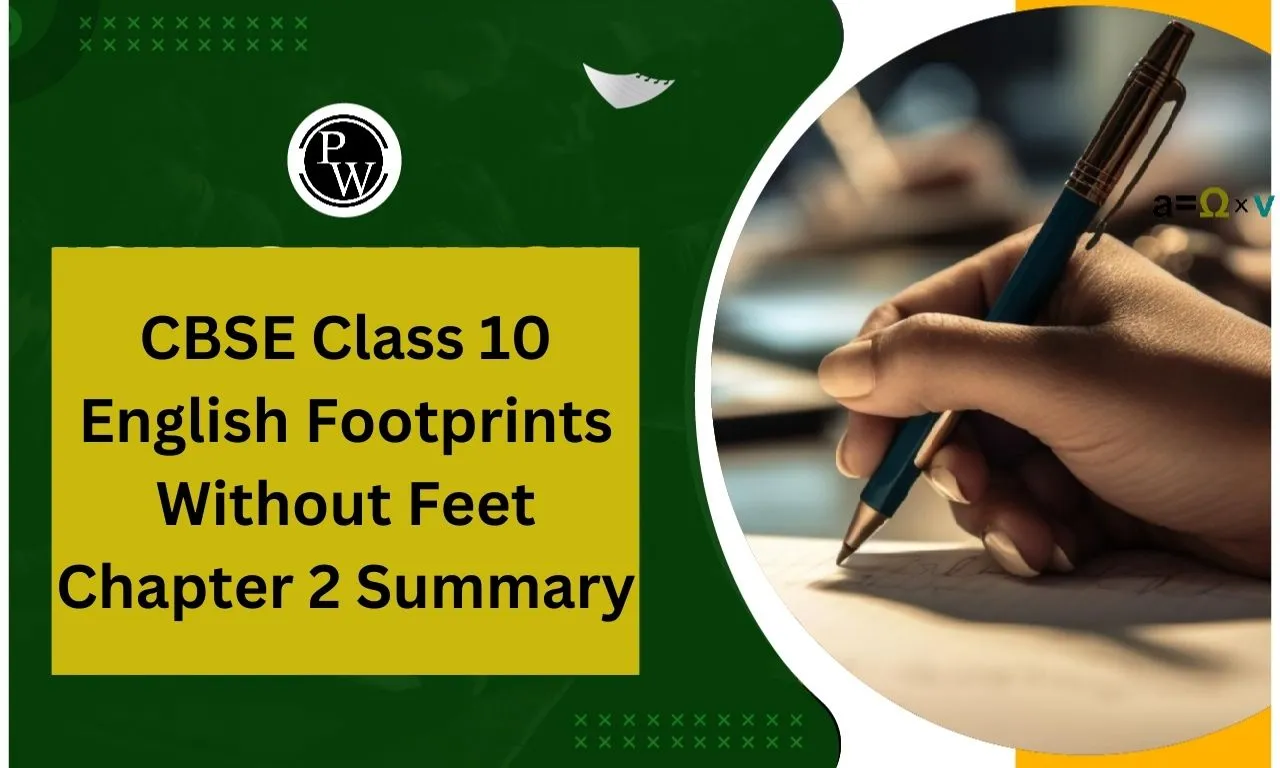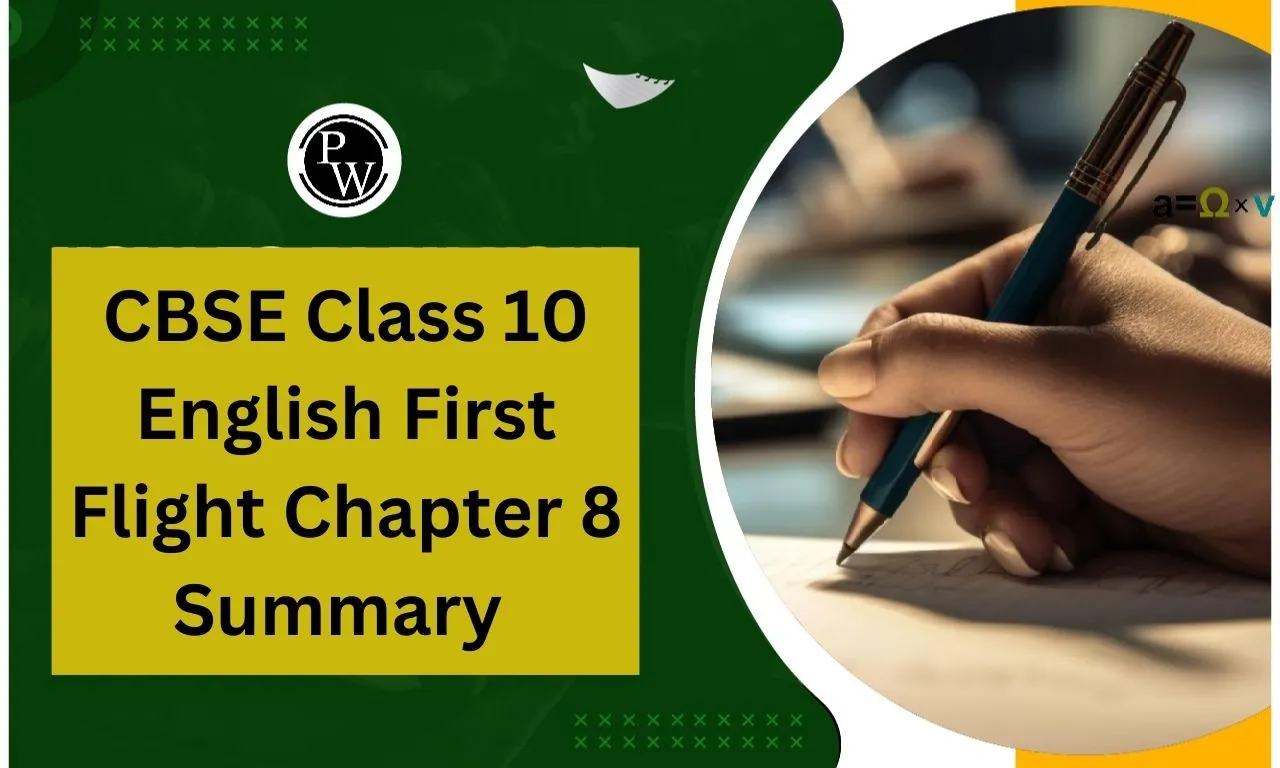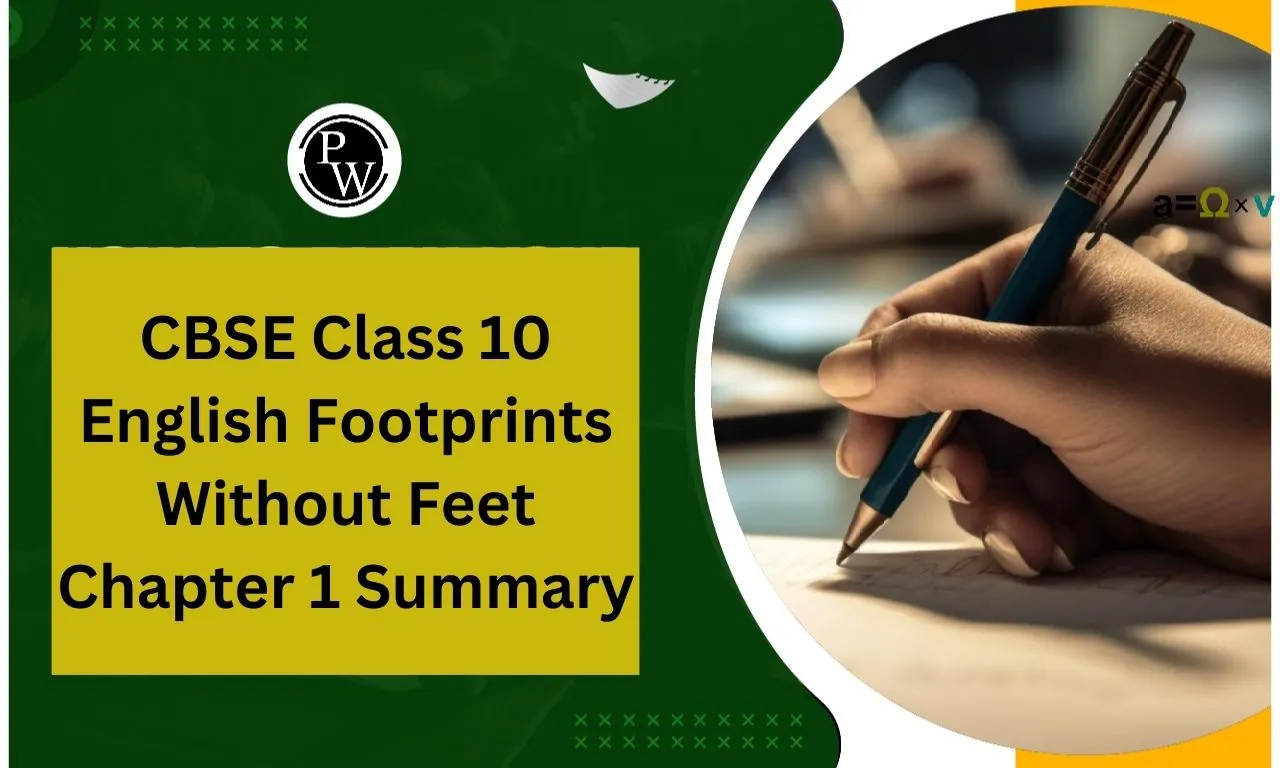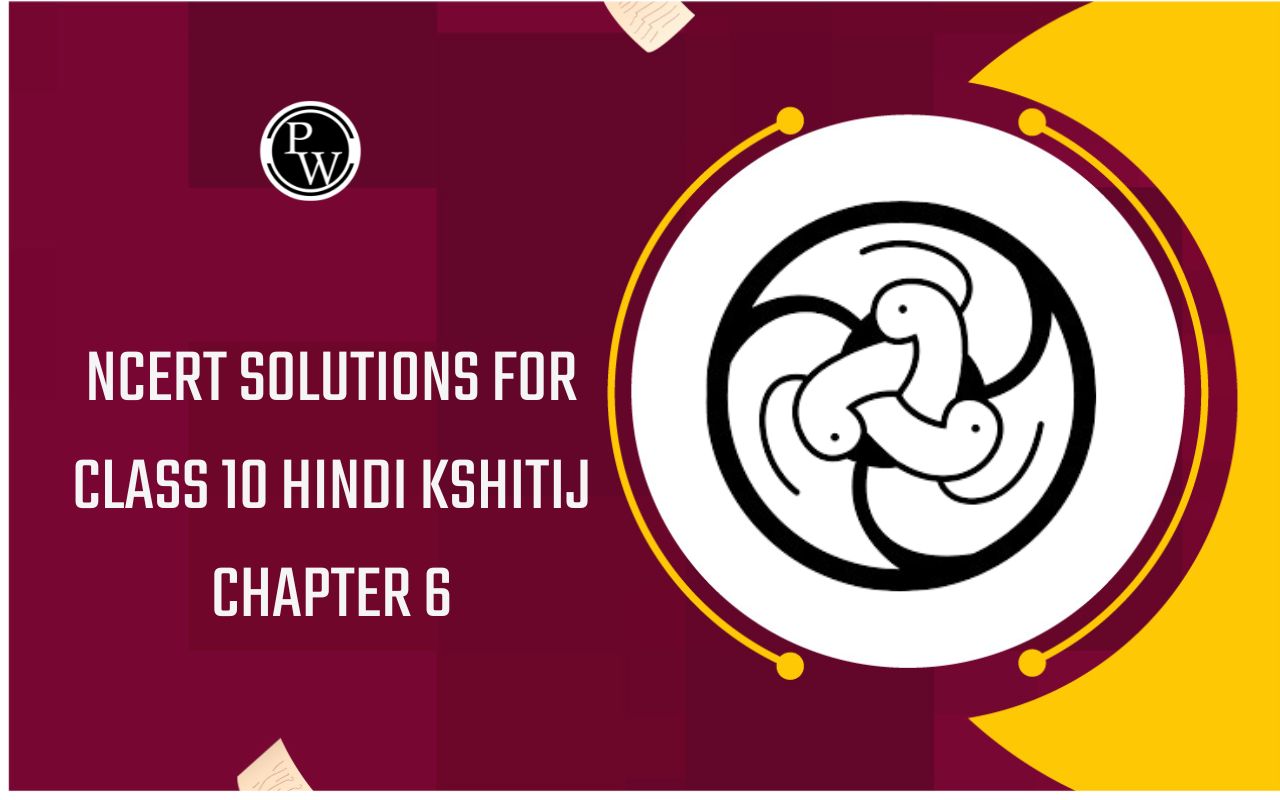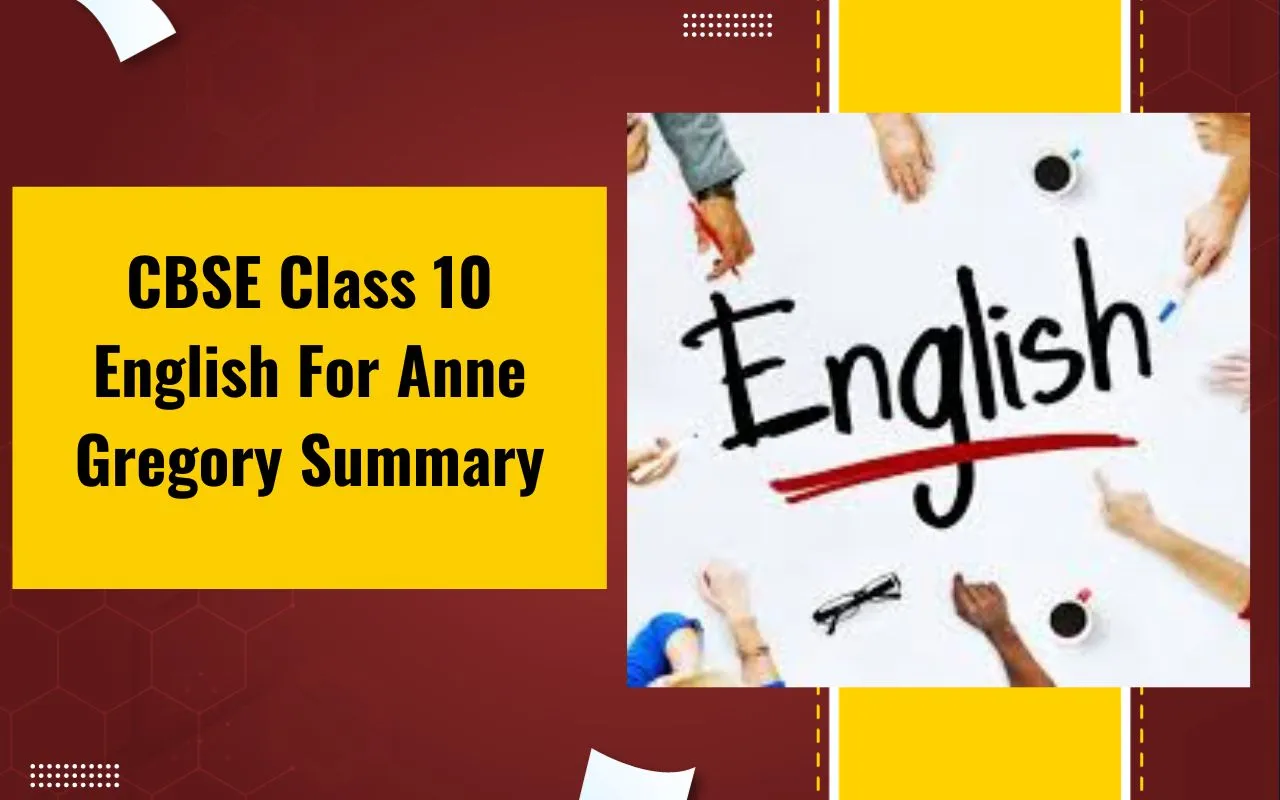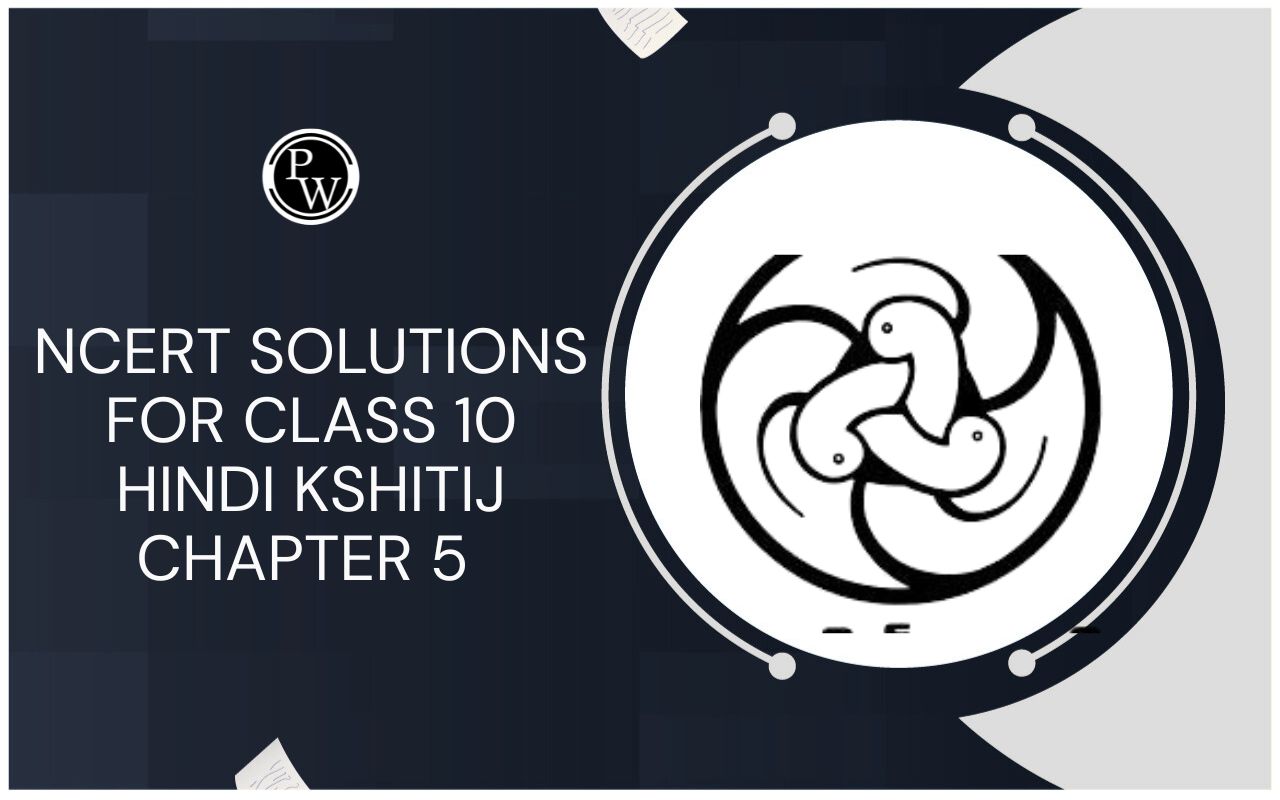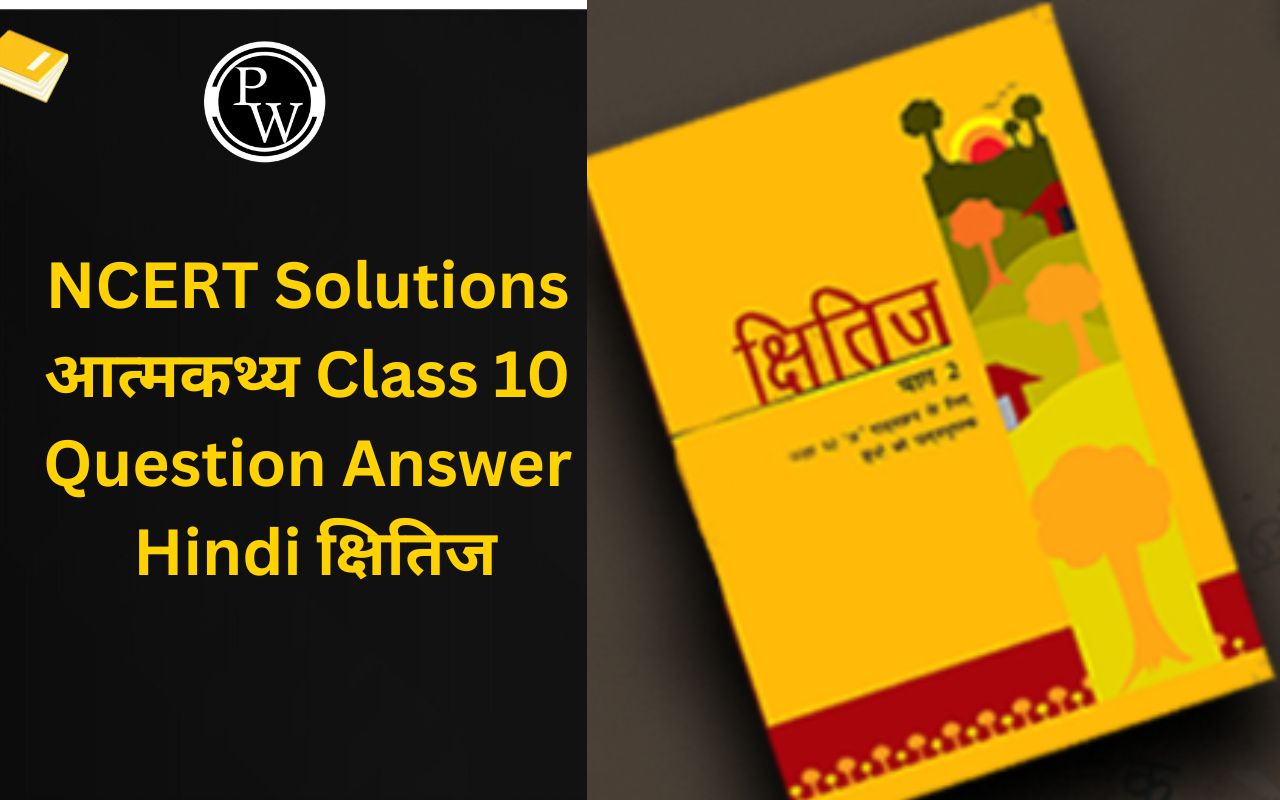
CBSE Syllabus: The CBSE syllabus is a guide for students from classes 6 to 12. It includes subjects like Mathematics, Science, Social Science, and English, and optional subjects like Computer Science, Physical Education, and Arts.
The syllabus is made to help students grow in all areas, focusing on thinking critically, being creative, and understanding concepts clearly. You can use the CBSE syllabus for all subjects from classes 6 to 12 to follow a well-organized plan for your studies, matching the latest education standards and rules.
CBSE Syllabus 2025-26
The CBSE (Central Board of Secondary Education) has released the syllabus for the 2025-26 academic year, introducing several key updates to enhance student learning. Notably, Class 10 students will have the option to appear for board exams twice annually, in February and April, providing greater flexibility.
Both Classes 10 and 12 will adopt a new 9-point grading system to offer a more nuanced assessment of student performance. Additionally, new skill-based subjects have been included in the syllabus to better prepare students for real-world challenges. For detailed information, please refer to the tables below.
CBSE Class 12 Syllabus 2025-26
The CBSE Class 12 syllabus 2025-26 academic year has been updated to foster dynamic, student-centered learning. These revisions emphasize innovative teaching methods, including project-based and inquiry-driven learning, along with technology integration. Additionally, assessments have been revamped to prioritize competency over rote memorization. For detailed subject-wise syllabi, please refer to the table below.
|
CBSE Class 12 Syllabus |
|
| CBSE Class 12 English Syllabus |
CBSE Class 12 Hindi Syllabus |
CBSE Class 11 Syllabus 2025-26
The CBSE Class 11 syllabus 2025-26 academic year outlines the subjects and topics to be studied. For detailed information, refer to the table below.
|
CBSE Class 11 Syllabus |
|
CBSE Class 10 Syllabus 2025-26
The CBSE Class 10 syllabus 2025-26 academic year includes subjects such as Mathematics, Science, Social Science, English, Hindi, and various electives. Notably, students can appear for board exams twice annually, in February and April. Additionally, a new 9-point grading system has been introduced. For detailed subject-wise syllabus and further information, please refer to the table below.
|
CBSE Class 10 Syllabus |
|
| CBSE Class 10 Maths Syllabus | |
CBSE Class 9 Syllabus 2025-26
The CBSE Class 9 syllabus 2025-26 academic year outlines the subjects and topics to be covered. For detailed information, please refer to the table below.
|
CBSE Class 9 Syllabus |
|
| CBSE Class 9 Maths Syllabus | CBSE Class 9 English Syllabus |
| CBSE Class 9 Science Syllabus | CBSE Class 9 Social Science Syllabus |
|
|
|
CBSE Class 8 Syllabus 2025-26
The CBSE Class 8 syllabus for the 2025-26 academic year includes subjects like English, Hindi, Mathematics, Science, Social Science, Computer Science, General Knowledge, Moral Science, and Sanskrit. For detailed information on the topics covered in each subject, please refer to the table below.
|
CBSE Class 8 Syllabus |
|
CBSE Class 7 Syllabus 2025-26
The CBSE Class 7 syllabus for the 2025-26 academic year outlines the subjects and topics to be covered. For detailed information on each subject, please refer to the table below
|
CBSE Class 7 Syllabus |
|
| CBSE Class 7 English Syllabus | |
CBSE Class 6 Syllabus 2025-26
The CBSE Class 6 syllabus for the 2025-26 academic year encompasses subjects such as Mathematics, Science, English, Hindi, and Social Science. Each subject is designed to build a strong foundation for higher education. For a detailed breakdown of topics and chapters, please refer to the table below.
|
CBSE Class 6 Syllabus |
|
Changes in the CBSE Syllabus 2025-26: Key Highlights
-
Class 10 students can now take board exams twice a year, in February and April, according to the new policy.
-
A new 9-point grading system has been introduced for both Class 10 and 12.
-
CBSE has added new skill-based subjects to the curriculum to improve learning.
Now, let's know the key updates and what they mean for both students and educators.
TWO BOARD EXAMS FOR CLASS 10 STUDENTS
Starting from the 2025-2026 academic year, Class 10 students will be able to take board exams twice a year—once in February and again in April. This gives students a second chance to improve their scores during the same academic year.
However, it’s important to remember that this is still a draft proposal and has not been finalized yet.
Class 12 board exams will continue to be held once a year, with the exams for 2026 starting on February 17.
REVISED GRADING SYSTEM FOR CLASSES 10 AND 12
The revised grading system for Classes 10 and 12 introduces a 9-point scale, aiming for a more accurate assessment of students' performance.
This system replaces the earlier grading methods, providing a clearer picture of a student's strengths and areas for improvement. It focuses on both academic and skill-based achievements to encourage a well-rounded evaluation of student progress.
INTRODUCTION OF SKILL-BASED SUBJECTS IN CLASS 10
CBSE is focusing more on skill-based education by offering subjects like Computer Applications (Code 165), Information Technology (Code 402), and Artificial Intelligence (Code 417) for Class 10 students.
Also, students must choose either English or Hindi as one of their languages in Classes 9 and 10.
NEW SKILL ELECTIVES FOR CLASS 12
CBSE has introduced four new skill electives for Class 12 students to enhance practical learning:
-
Land Transportation Associate
-
Electronics and Hardware
-
Physical Activity Trainer
-
Design Thinking and Innovation
Benefits of the CBSE Syllabus 2025-26
The CBSE syllabus for the 2025-26 academic year introduces several enhancements aimed at improving the educational experience:
-
Competency-Based Learning: Shifting from rote memorization to practical application, this approach emphasizes critical thinking and problem-solving skills.
-
Experiential Learning: Including hands-on activities and real-life scenarios, it helps students connect theoretical knowledge with practical experiences.
-
Interdisciplinary Approach: Encouraging connections between different subjects, this method fosters a deeper understanding of concepts and their real-world applications.
-
Flexible Teaching Strategies: Allowing educators to adapt their teaching methods to cater to diverse learning styles and needs, enhancing student engagement and comprehension.
-
Updated Assessment Methods: Introducing competency-based assessments and a 9-point grading system, the new evaluation methods focus on assessing students' practical knowledge and skills.
CBSE Syllabus FAQs
What is CBSE?
Which classes does CBSE syllabus cover?
What are the main subjects in CBSE Class 10?
What are the main streams in CBSE Class 11 and 12?


